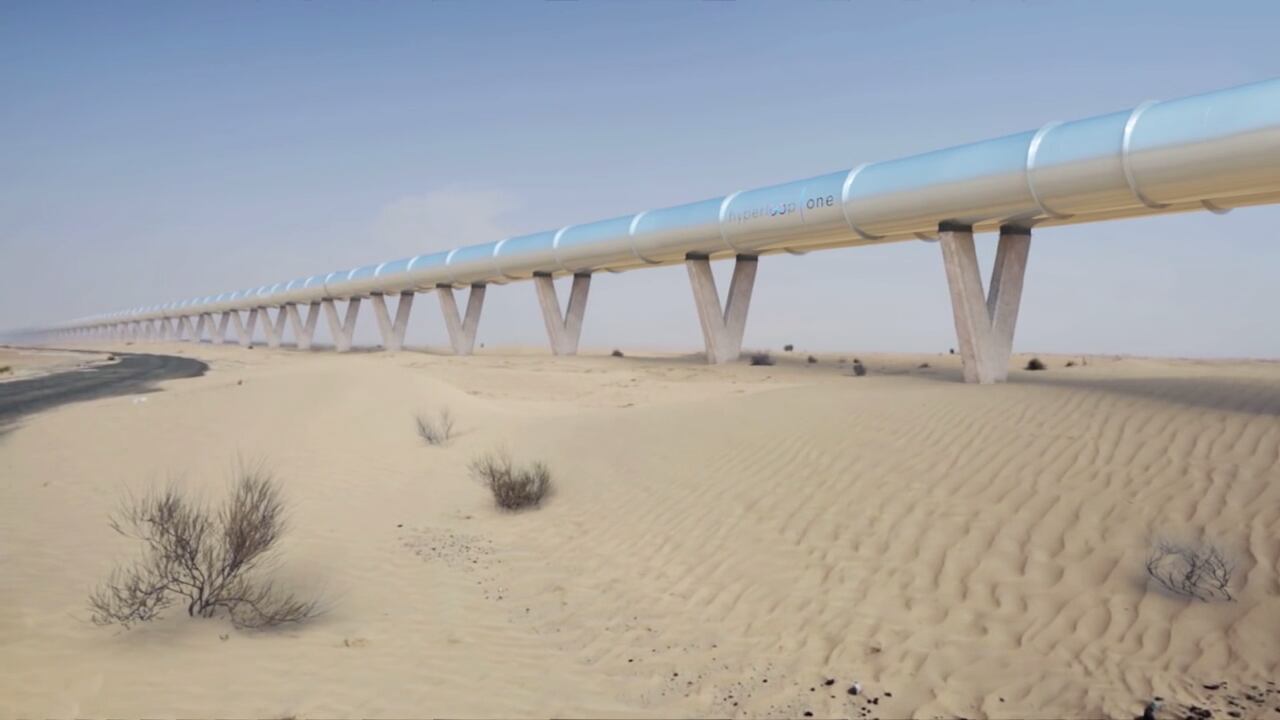Traveling from Seattle to Portland in 15 minutes could become a reality thanks to a proposal from a group called Pacific Hyperloop, founded by students at the University of Washington.
The news comes after Seattle and Portland ranked 4th and 7th respectively, of US cities with the worst traffic.
The Hyperloop concept, originally conceived in 2013 by Tesla CEO Elon Musk, involves rapid transit and would move travelers in pods at a speed of 760 mph using a network of tubes. Motors within the tubes would create a cushion of air and allow the pods to levitate and move at extremely high speeds.
Pacific Hyperloop is campaigning for Seattle to Portland to be the nation's first hyperloop route. The group is among the 35 semifinalists in the Hyperloop One Global Challenge. The contest organized by Hyperloop One, which is not affiliated with Musk, calls for proposals of transit networks in regions all over the world. Pacific Hyperloop is competing with 10 other teams from the US as well as teams from China, India, and Europe.
On April 5, Pacific Hyperloop will be in Washington, D.C. presenting to an international panel of judges as well as members of Hyperloop One and government officials.
Co-Founder Charlie Swan writes in an email: "It's difficult to say with much certainty how feasible a Seattle-Portland hyperloop route might someday be, there are so many factors and variables to consider, and we're currently at an early stage of their exploration."
An online petition by Pacific Hyperloop is nearing 2,500 signatures and will be presented to Hyperloop One officials.
Although the possibility of bringing hyperloop technology to the Pacific Northwest is exciting, the project has yet to receive any financial investors or support from regional officials. Pacific Hyperloop is currently consulting with groups like the Cascadia Center and the Washington State Transportation Center for support.
"Our top priority now is getting the right stakeholders involved so we can better understand the prospected route," says Swan.
Meanwhile, TriMet is currently working on the implementation of projects like the Division Transit Project. The enhanced bus rapid transit line that would extend bus sizes to accommodate 60 percent more riders and have multiple door boarding.
"What bus rapid transit means isn't just about the vehicle that serves those stops but also how it moves through intersections and has a more dedicated right of way," says Trimet spokesperson Angela Murphy. "It splits the difference between a rail line and bus service."
Murphy says the bus rapid transit project was originally conceived by Portland Metro before being handed off to TriMet.
"We took control of that Dec. 16 of last year and we're now moving this project forward," she says. "We have plans that have been in development for years and years."
Estimated costs are approximately $175 million. With contributions from the state making up $75 million of that total, and $100 million in federal funding would be requested. Construction is set to being in late 2018 with service starting in 2021.

